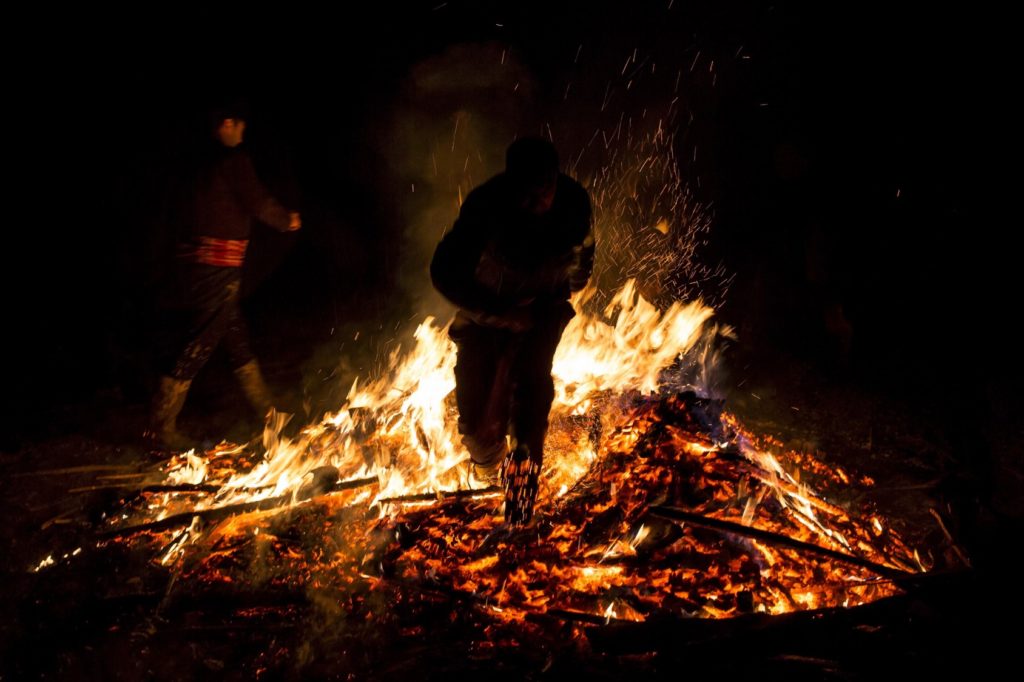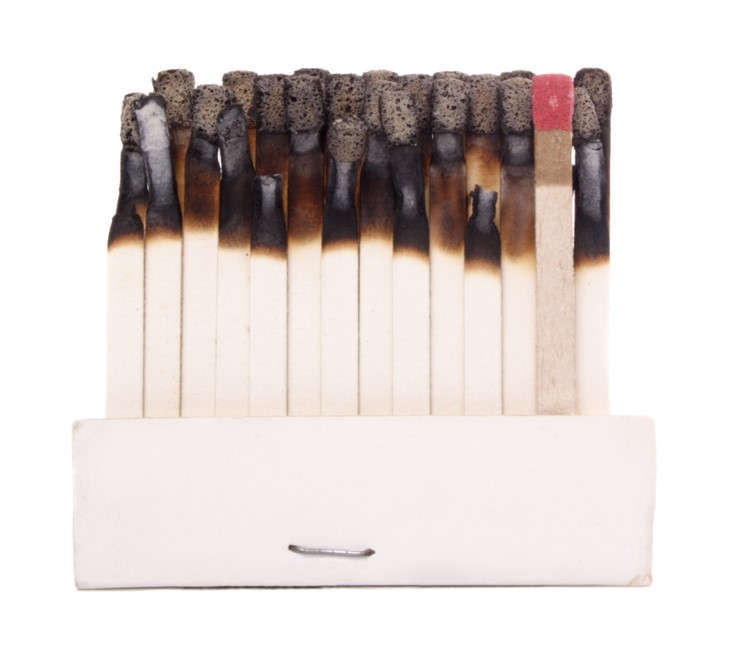
As the world of media and technology change, morph, and evolve, it becomes increasingly easier to identify the meek from the bold. At Conclave last week, the latter was on display in panel after panel, session after session. And it was an encouraging thing to see.
During the presentation that Paul and I put together about the Consumer Electronics Show – or CES – in Las Vegas, the point was not lost on the capacity crowd how the automakers have “jumped into the fire,” investing heavily in autonomous, electrification, AI, smart mobility, and even smarter cities – even though all these technologies threaten to challenge the industry’s long-time dominance and profitability.
The pull of technology is too strong, and the automakers are wise enough to read the tea leaves, and place their chips on these new innovations, even though they may end up selling few cars and trucks. Investing into your own disruption may seem like a suicide mission, but in fact, it’s what Apple did so well in the first decade of this new Millennium with iPhone and iPad.
In radio, the “passing game” is coming back into style – and I don’t mean those safe dinks and dunks. As companies, programmers, and talent come to accept that standing pat, staying the course, or just playing “D” isn’t a smart long-term strategy, radio is changing. In fact, the failure to be bold, take risks, and roll the dice is almost a guarantee of eventual pain and heartache. We may be at a point where those who don’t have the stomach to throw the long bomb have become sellers, willing to step aside, cash out, and let the swashbucklers take the tough changes.
During the first day at Conclave, KQRS received the iconic station of the year award. This is a brand I was proudly associated with for more than 25 years, so I was witness to its ascension and played a dotted line role in its reaching its rare half-century status today. KQ and its legendary morning guy, Tom Barnard, didn’t reach this pinnacle by standing pat. The station has continued to innovate, and Barnard himself has blazed a trail in the podcasting space, despite others in his company initially unwilling to “jump into the fire” with him.
The next day, morning radio superstar, Bobby Bones, expressed an important thought about disruption and risk in a talent-loaded Conclave session, captured in this tweet by Bonneville’s Sheryl Worsley:
“I’m constantly predicting where it is going to go—even if there is no payoff right now.” @mrBobbyBones on staying ahead of disruption. #Conclave43
— sherylrockin (@sherylrockin) July 20, 2018
A question from the audience during our CES session asked how a station (or a company) can successfully pick and choose the technologies, media, and gadgetry that will ultimately emerge as the winners. Of course, I directed him to researching his brand – specifically, studies like Techsurvey that focus on uncovering these answers.
But as Bones, Barnard, and several others at Conclave stressed, there are times when it’s important to commit to a platform or innovation, even if the return on investment isn’t always an obvious one.
The radio business needs more “fire jumpers,” whether they’re on the air, in the programming department, in the sales cubicles. or in the corner office. None of us – not Elon Musk, not Jeff Bezos, not Tim Cook, not Mark Zuckerberg – knows precisely what will ultimately work – and what will fail. But they do know that disruption is a fact of life, impacting every business, every platform, and every economy. And to not act, to not innovate, and to not take risks is a sure-fire recipe for obsolescence.
And as many of us have learned during the past decade or so, it is fun to play with matches. Yes, there are risks galore, but the smartest players have  come to realize it’s even more dangerous to run in place.
come to realize it’s even more dangerous to run in place.
In an earlier panel I moderated featuring iHeart’s Chris Williams, Hubbard’s Jeremy Sinon, and WRIF’s Mark Pennington, we talked about Amazon’s clearcut advantage over Google, often believed to be in the 70:30 range. Now that’s dominance. But as the Amazon team knows too well, Google, Apple, and other players have the capability of disrupting them.
After all, Blackberry and Nokia once dominated the smartphone sector, everybody was on MySpace the one-time rage in the emerging social media platform, and Yahoo! owned search. All these companies ended up in a world of hurt, going belly up, restructuring, or simply becoming a shadow of their former selves largely because they failed to run headlong into a dangerous, flammable, disruptive competitive environment.
It’s interesting to me – and not just from my Classic Rock vantage point – that IBM is using an old nugget as the soundtrack to their slick “Cloud” campaign that stresses innovation and technology unimaginable just a few short years ago. Yes, it’s Harry Nilsson’s “Jump Into The Fire” and it sets the tone for IBM’s future-facing ventures.
I don’t believe in coincidences.
Congrats to Lori Lewis for jumping into her own fires, and rekindling Conclave. Speaking of which, we will have several “fire jumpers” on stage this week at our “Broadcasters Meet Podcasters” sessions at Podcasting Movement in Philadelphia. The aformentioned Bobby Bones, NPR CEO Jarl Mohn, Mark Ramsey, Dave Beasing, Steve Goldstein, Seth Resler, PRX’s Kerri Hoffman, Elsie Escobar, and several others who are trailblazers in the podcasting space. Information is here.
- What To Do If Your Radio Station Goes Through A Midlife Crisis - April 25, 2025
- A 2020 Lesson?It Could All Be Gone In A Flash - April 24, 2025
- How AI Can Give Radio Personalities More…PERSONALITY - April 23, 2025




Inspiring!
Throw the LONG BOMB!!!
LOVE IT.
Gil
As an Eagles fan, I apologize for the photo of Brady. Hope all’s well, Gil, and thanks for the comment.